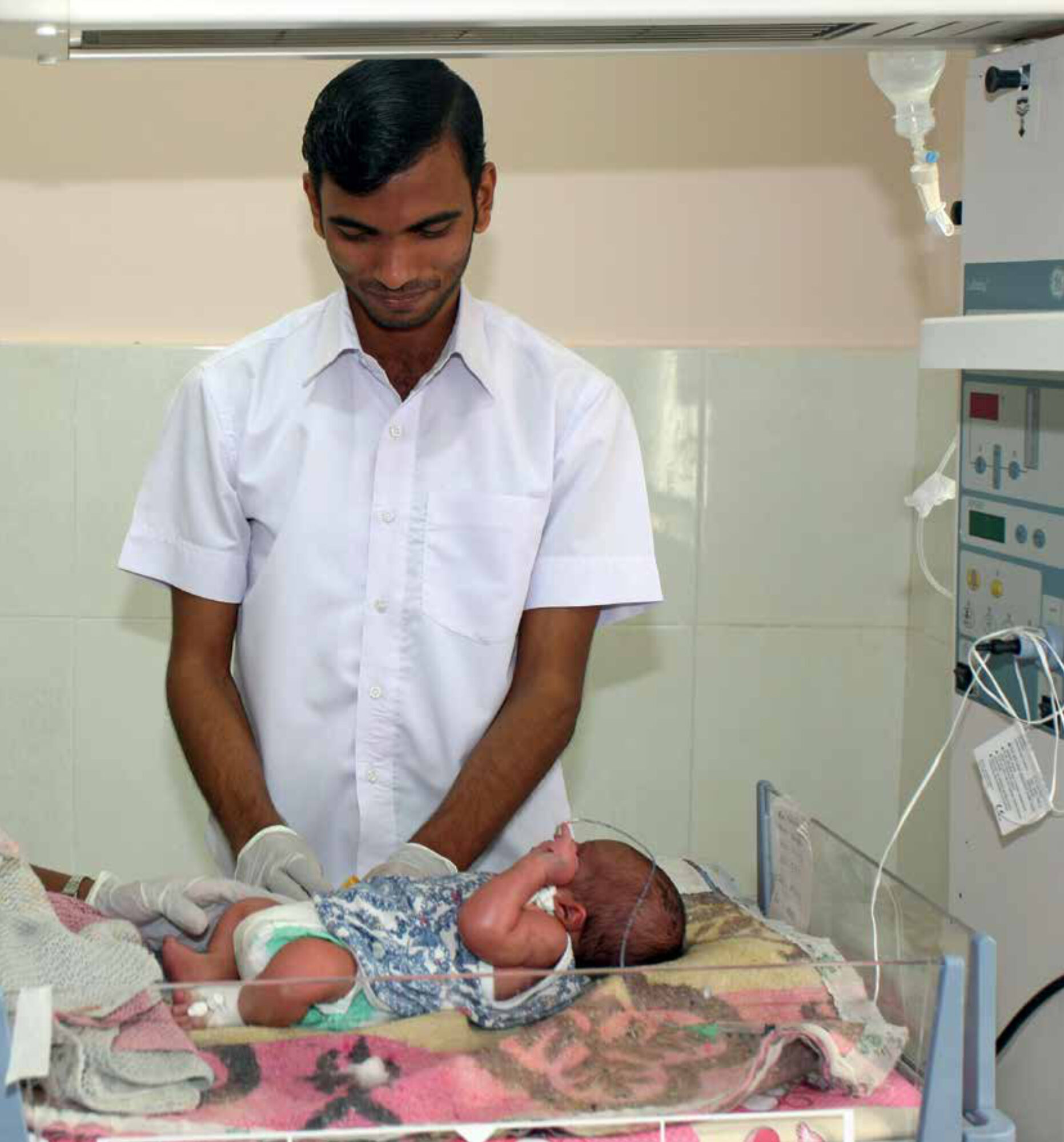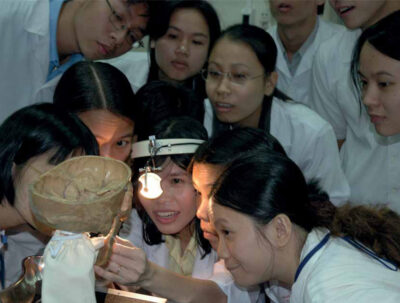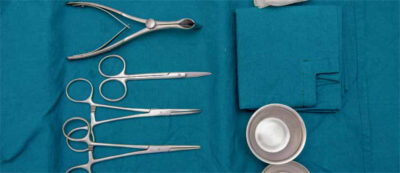Main content
For many decades, the Netherlands Society for Tropical Medicine and International Health (NVTG) has provided training in the Netherlands to doctors aspiring to work in low- and middle-income countries. Over the years, the training has professionalized, resulting in the formal recognition, in 2012, of the ‘doctor International Health and Tropical Medicine’ (doctor IHTM) as a medical specialization, by the Dutch Royal Medical Association (KNMG). In addition, the Commission for the Registration of Medical Specialists (RGS) recognized the Institute of International Health and Tropical Medicine (IGT), which oversees the implementation of the post-graduate specialization programme. This commission extended IGT’s accreditation up to 2021. However, the approval was not unconditional and stipulated modernization and an overhaul of the curriculum to better align it with the training programme.
The professional profile of the doctor IHTM is described in the curriculum (see www.nvtg.org), which allows medical practitioners to equip themselves with relevant skills and knowledge for both resource poor contexts in low- and middle-income countries (LMIC), as well as the Dutch health care system. Doctors IHTM are considered employable in both contexts, and this is supported by their employment track records; for many of them it spans the globe.
The IHTM training programme has been running now for 2.5 years, and it has been professionalized in content and organization compared to the previous programme. The centralized selection of residents works well. The translation of the curriculum into local training programmes is well developed. The residents’ electronic portfolios, which include the results of summative and formative assessments, are broadly used, and the residency in resource poor settings has taken shape. In sum, the programme has gradually achieved most of its ambitious objectives.
So is everything in the garden rosy? No, unfortunately not. Financial support for the programme remains painstakingly absent. We had hoped that the formal KNMG recognition, as well as the inherent appreciation of the programme’s contribution to medical specialist training in the Netherlands, would result in funding from the budget for medical specialty training of the Ministry of Health, Welfare and Sports (VWS). In response to questions from members of Parliament, the Minister of Health stated that ‘[the doctor IHTM] is primarily trained to work abroad’, and therefore she would not finance the programme. This answer illustrates that the duality of the training programme is not perceived as a positive aspect. We need to better explain the benefits of a global focus for health service provision – not only in LMIC, but also in the Netherlands. Anecdotal evidence of the added value of international professional experience for the Dutch health care system is no longer sufficient. For those of us who have worked abroad, it is evident how this experience has improved our clinical skills and has enabled us to take into account contextual factors and social determinants that affect health. The recent symposium, ‘People on the move’, organized jointly by NVTG, Médecins Sans Frontières, Rutgers, TROIE and Uniting Streams, with a chairperson from Pharos Foundation, illustrated this once more. Yet, our policy makers are still to be convinced.
How do we bridge this divide between ‘our’ and ‘their’ reality? In part, by building on the foundation laid in 2012, with the KNMG’s recognition of the doctor IHTM profile, and by making a better case for its relevance for the Dutch health care context. First, this relevance is echoed by the changing health care context in the Netherlands. Health professionals today serve populations that are different from the ones they served 30 years ago. They increasingly require intercultural competences and skills, including the ability to appreciate a patient’s social context. Given the fact that most doctors IHTM will return to the Netherlands after having worked abroad for a few years (two years on average), residents trained in this programme are keen to integrate into the Dutch health care system. Second, we need to provide solid evidence of the added value of IHTM training. It is for good reasons that other Dutch residency programmes – e.g. obstetrics, surgery or paediatrics – often accommodate an internship in a low- or middle-income country to acquire skills useful for the Dutch setting. NVTG is currently conducting a study to quantify the added value for various medical (CANMEDS) competences and invites various stakeholders to provide testimonials. Third, we need to critically reflect on our own training programme and further improve it to increase the value of the doctor IHTM for the Dutch health care system – without compromising its relevance for an LMIC context. We might consider focusing more on public and international health and preventive health promotion, whilst maintaining the clinical role of the doctor IHTM. The added benefit of a doctor IHTM with a global mindset in Dutch medical practice is reflected in a pilot which the IGT institute supports: an internship for residents in a health centre for asylum seekers as part of the IHTM training programme [see also MT October 2016 ‘The role of the doctor IHTM in the health of people on the move’].
Doctors IHTM are uniquely trained to provide a bridge between ‘global’ and ‘local’ and between curative care and public health, wherever they work.
Given our changing world, they will continue to be a valuable contribution to Dutch health care. The RGS requirement that the programme be further modernized can become a blessing in disguise and an opportunity to claim the domain of ‘International Health and Tropical Medicine’ that we aspire to work in even more. In the meantime, we will endeavour to bring forward more convincing arguments to secure sustainable funding for IHTM specialist training.



















































